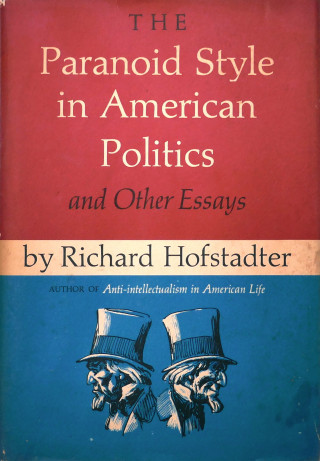There is a widespread tendency among scholars, information watchdogs, and public officials to view conspiracy theories as theories, statements about the world that can be true or false. As they are typically false, we treat them as flawed sociological explanations, premised on logical inconsistencies or faulty evidence. The expression “conspiracy theory” was coined by a philosopher of science, Karl Popper, to designate the incapacity to understand social events as the outcome of a many interdependent processes: one saw them instead as the expression of a single and omnipotent will. The “conspiracy theory of society,” Popper wrote, was something akin to “a primitive kind of superstition.” This has remained the prevalent view ever since: in an influential article published ten years ago, two Harvard scholars—Cass Sunstein and Adrian Vermeule—called them “crippled epistemologies.”
Once they are considered a cognitive issue, conspiracy theories also become an individual problem. While they are worthless as explanations of society, they tell us something about the people who embrace them. Even when the diagnosis is clad in the sociological garb of poor educational achievements or lower class background, what they tell us is that people do not think well. In short, we have come to view conspiracy theories as bad information and those who believe in them as unsophisticated information processors. Because so many observers now consider conspiracy theories the illiteracy of the Internet age, it becomes tempting to treat them as a phenomenon sui generis: the “new conspiracism,” they suggest, relates to no actual event (as opposed, say, to the assassination of JFK) and is nothing but the hot air generated by Facebook servers. For them, QAnon is a phenomenon that would not have been possible “as recently as the turn of the century.”
There is no denying that the Internet and social networks play a major role in the diffusion of conspiracy theories, but that does not mean that conspiracy theories have become dark information clouds. Nor does it mean that they are a new phenomenon: if anything, what is striking upon closer scrutiny is the sense of déjà vu.
